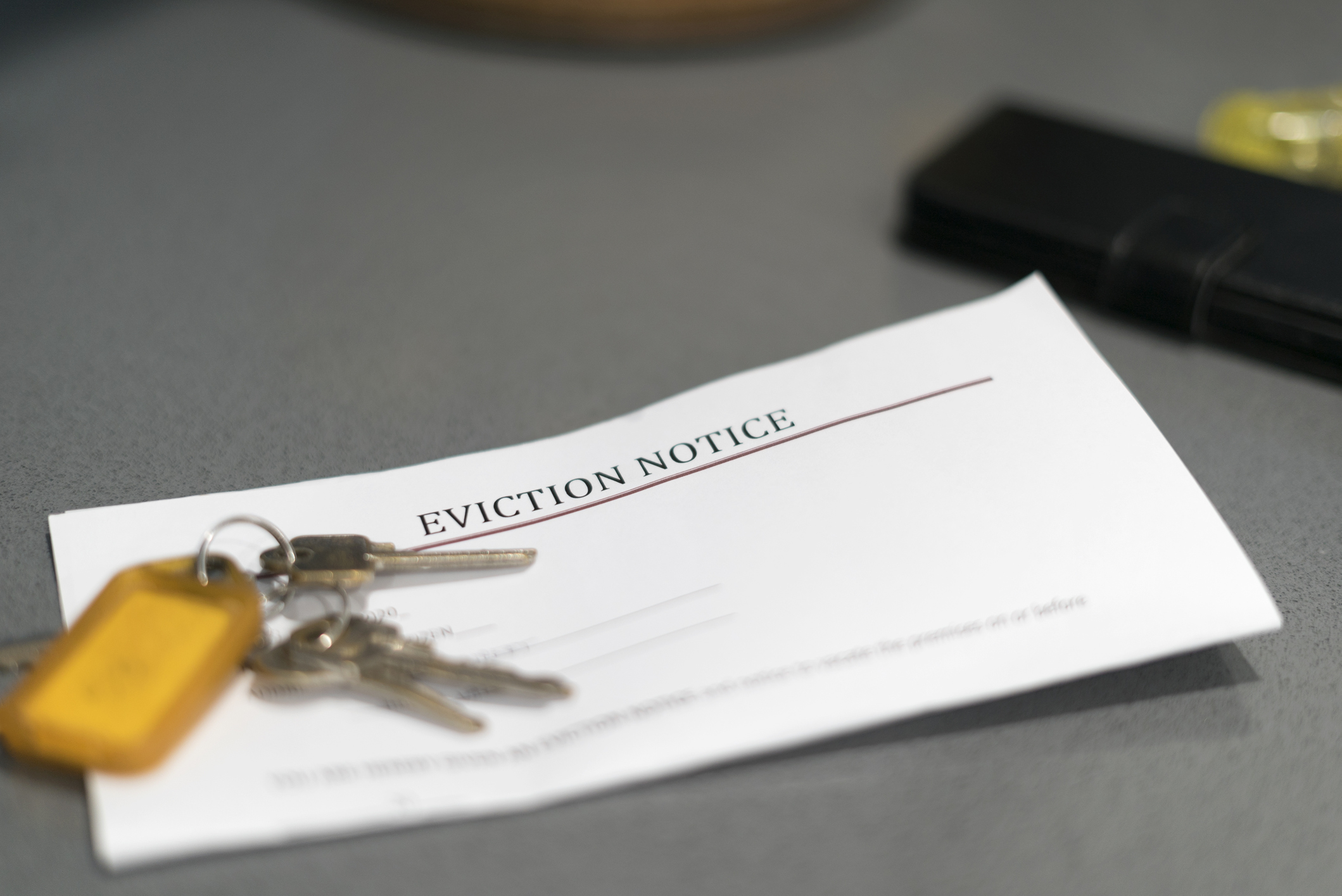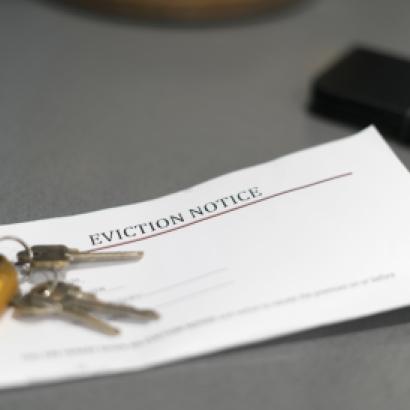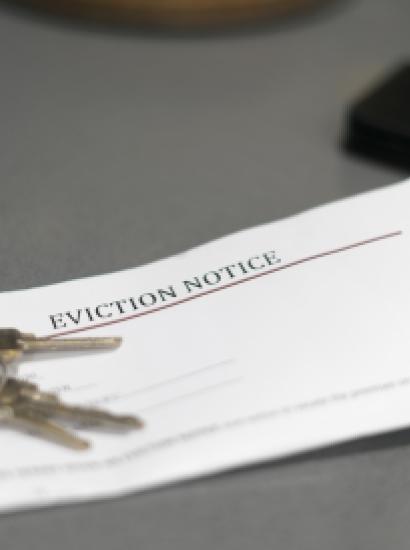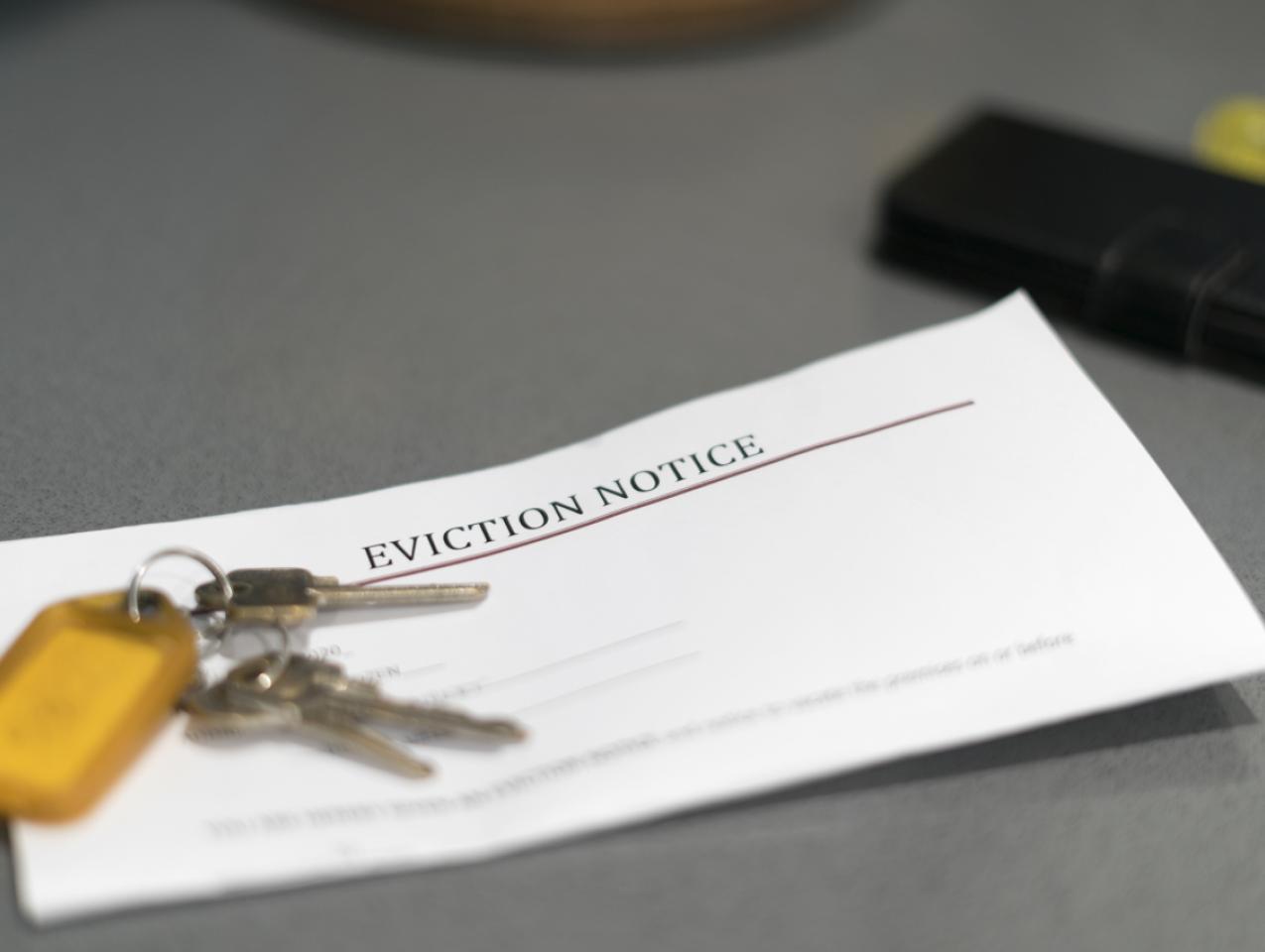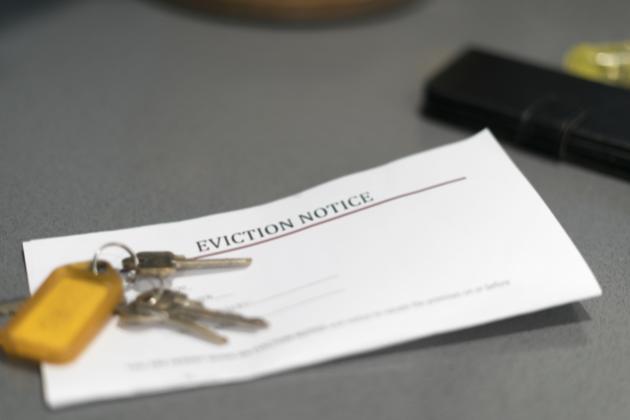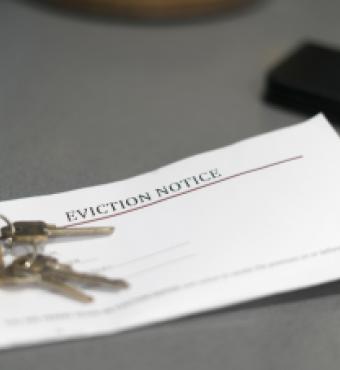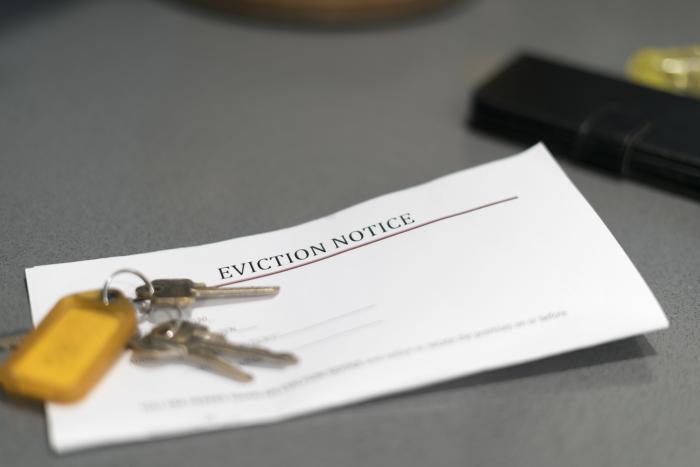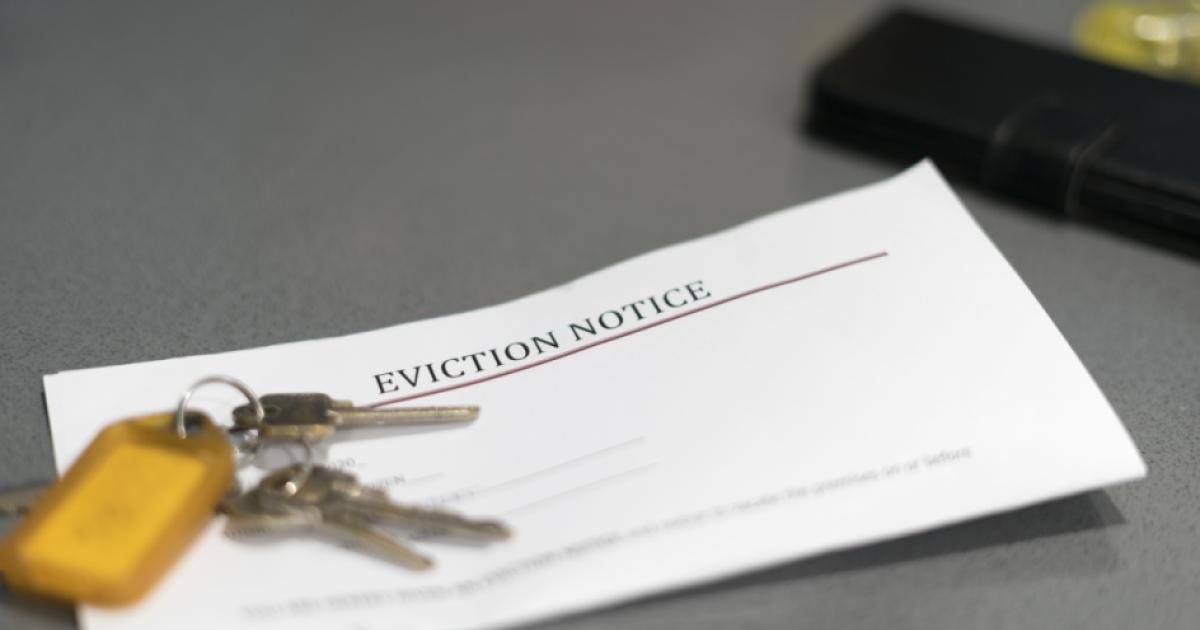- Economics
- State & Local
- California
Back in September, Wall Street Journal economic reporter Jon Hilsenrath interviewed me for a long news story he was doing on the effects of President Trump’s economic policies. He asked largely tough questions that made me think his piece would be somewhat critical of Trump. It was, although it was largely fair. But one question he asked, which he probably thought was tough, was actually a softball. We had been discussing Trump’s moratorium on evictions of residential renters and I said that I opposed it. “You want landlords to evict millions of people?” he asked. “No,” I answered, “I don’t want that at all. I want them to be allowed to evict. Giving them back that freedom will probably cause most of them to work out rental payments with their overdue tenants.”
The same reasoning applies to President Biden’s latest moratorium on evictions. There are many good reasons to oppose it. One is constitutional, but I’ll leave that to my constitutional lawyer friends. The others are economic and moral.
The Economic Case against Eviction Moratoria
Let’s start with the economic case. A rental contract is an agreement and a voluntary exchange between two sides. The landlord provides short-term use of a residence and the tenant provides the rent. Note an important implication: both sides gain from the agreement. The landlord gets rent; the tenant gets housing services. If they didn’t gain, they wouldn’t have entered the contract.
When the tenant loses his job or if his income falls for some other reason, he might have trouble paying the rent. What then happens? In some cases, a forward-looking tenant will go to the landlord and propose paying a lower rent now and a higher rent later to make up for the landlord’s loss. If the landlord finds the tenant’s promise credible, he will likely accept the change in terms. This is especially so if economic conditions in the area have deteriorated enough that not many prospective tenants are willing to pay the existing rental rate.
Also, some landlords will have some compassion for the current tenant and will make a deal to reduce the rent even if they don’t expect the current tenant to make up for it later. I know of one such case in the Monterey area: a landlord friend who already prices below the market and who bends over backwards, even in normal times, to accommodate tenants who hit a rough patch. Admittedly, I don’t know how common this is.
But what happens when a government at the federal, state, or local level imposes an eviction moratorium? That strengthens the tenant’s bargaining power and weakens the landlord’s. The tenant has less of an incentive to make a deal with the landlord and more of an incentive simply to refuse to pay the rent or to pay a reduced rent whether or not the landlord agrees. Of course, some tenants, perhaps many, who would qualify for government protection from eviction would still continue to pay the full rent. The stereotype of the greedy opportunistic tenant may be as inaccurate as the stereotype of the greedy landlord.
Still, hundreds of thousands of tenants, and possibly millions, will take advantage of the moratorium and pay either no rent or a reduced rent. Interestingly, the Biden moratorium is written in a way not to let the tenant off the hook after October 3, when the moratorium expires. One provision of the declaration that the tenant must sign reads as follows:
I understand that after I sign:
• Unless I come to an agreement with my landlord, I am still responsible for rent, back rent, and any fees, penalties, or interest under my lease.
• I must still follow the conditions of my lease.
• Unless I come to an agreement with my landlord, if I fail to make my required payments, I could be evicted when this temporary halt of evictions ends.
• I can still be evicted for reasons other than not paying rent or not making a housing payment.
This is good news for landlords but we shouldn’t overstate the good news. A tenant who gets evicted after October 3 will be liable for past underpayment of rent but landlords may not find it worthwhile to hire lawyers to go after past tenants who are in arrears by only a few thousand dollars.
The main economic problem, in short, is that the government gets in the way of the landlord/tenant relationship. That’s bad in itself, but it also has bad economic consequences: (1) landlords receive less rent than they had planned on; (2) some tenants whose pay has fallen only a little will still take advantage of the new power the government has given them; and (3) if potential landlords come to expect that there will be more such moratoria in the future, their incentive to build rental housing is lessened. This latter factor will cause the supply of rental housing to be less than otherwise and will, therefore, drive up rental prices, hurting tenants in general.
Misleading Stereotypes
The stereotype of the landlord/tenant situation is that the landlord is rich and the tenant is poor. That stereotype often doesn’t apply. I saw that dramatically in 1980. After the San Francisco Chronicle had published an op-ed I had written against rent control in San Francisco, a group of landlords in Berkeley invited me to give a talk on the issue on a Saturday morning. I showed up well dressed and found that I was the best dressed person in a group of about sixty people. Appearances, admittedly, are sometimes deceiving, but my take was that no one in the room was a fat cat. As the audience members stated their concerns, I found that these appearances were, by and large, accurate. Many landlords in the room were in their fifties, owned two to four rental units, and had planned for the net income from the units to finance their retirement. Even if the government held the rent to only 10 percent below the market, landlords whose net income absent rent control would have been 30 percent of the rent would face an income drop of a third (10 percent as a fraction of 30 percent.)
The impression I had at that meeting in Berkeley is borne out by some data produced by the Urban Institute. In an August 10, 2020, blog post on the Urban Institute’s site, researchers Jung Hyun Choi and Caitlin Young noted that in 2018 the median income of owners of two to four rental units was $67,000. The median household income for the whole United States that year was only slightly lower, $64,324 in 2019 dollars, which translates to $63,341 in 2018 dollars. In short, these landlords are not wealthy.
The Ethical Case: Don’t Scapegoat Landlords
There is also a strong ethical case against eviction moratoria. The government singles out a group of people to bear a disproportionate share of the cost of rental housing. And whom do they single out? The people who were willing to provide rental housing. But why should their act of providing housing cause them to face a penalty? Indeed, if it’s desirable to have rental housing not just now but also in the future, wouldn’t it be fairer to tax everyone to help out renters?
I don’t advocate such a measure, because I don’t think that’s fair either. It’s just less unfair than singling out the very people who provide the rental housing that tenants desire.
Want to Help Tenants?
There is only one fair way to help tenants: allow more housing. Economists have documented the ways in which restrictions on building have driven housing prices and rents through the roof. (Pun intended.) Let’s get rid of these restrictions, or at least pare them down drastically so that both tenants and those who want to own their own houses or condominiums can more easily afford to do so.







